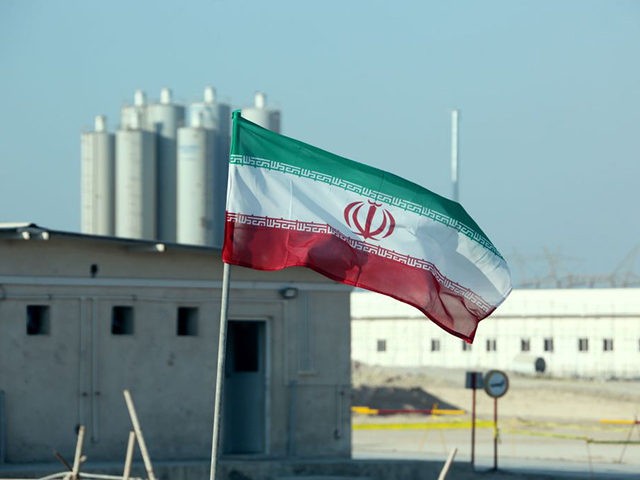The Iranian regime on Sunday refused to provide data from its nuclear sites to the International Atomic Energy Agency (IAEA), declaring that it would no longer cooperate with the United Nations nuclear watchdog agency after its temporary monitoring agreement expired last Thursday.
“I have already given notice of the Strategic Action Plan to Counter Sanctions law and the International Atomic Energy Agency’s obligations, and I emphasize once again right now that nothing has been extended after the expiration of the three-month period,” Iranian parliamentary speaker Mohammad Baquer Qalibaf said on Sunday.
Qalibaf said that since the three-month temporary extension to Iran’s monitoring deal with the IAEA expired last week, “no recorded data will ever be given to the agency and the data will remain in the possession of the Islamic Republic.”
Iran has been violating the terms of its nuclear deal with Western powers, formally known as the Joint Comprehensive Plan of Action (JCPOA), with steadily increasing severity since the United States withdrew from the deal in May 2018.
Even though the JCPOA is technically still in effect with its other signatories, the Iranians claim they no longer feel bound by its restrictions and will not return to compliance unless the Biden administration unilaterally removes all sanctions imposed on it by the United States for all reasons, including human rights violations – not just for its illegal nuclear weapons program.
President Joe Biden and his team have revealed a desperate desire to return to the JCPOA, but Iran keeps taking provocative actions that make it politically difficult for Biden to offer concessions and restart negotiations. Iran cutting off compliance with the IAEA could be one of the biggest hurdles to date for Biden’s agenda.
Iran and the IAEA made a three-month deal to continue monitoring in February, then extended it for an additional month in May, but Iran declined to offer another extension. Iranian officials callously rebuffed the IAEA on Friday when it asked for a firm answer about extending the agreement again.
Iran’s ambassador to the IAEA, Kazem Gharibabadi, informed the U.N. agency that Iran feels no obligation to respond to its demands for another monitoring extension.
“Data recording was a political decision by Iran to facilitate, including, the political talks and to help its success and shouldn’t be considered as an obligation in relation with the Agency,” Ghariabadi said.
“Undoubtedly, any decision to be taken by Iran in this regard would only be based on its political considerations, and the Agency can not, and should not, consider it as something it was entitled to,” he stated.
A spokesman for the Iranian parliament said on Sunday that Iran could “turn off the IAEA cameras if the United States fails to remove all sanctions.”
The Iranian Foreign Ministry seemingly walked that intransigent position back a little on Monday, telling a press conference that “no decision has been made yet, either negative or positive, about extending the monitoring deal with the International Atomic Energy Agency.”
“Also there has been no new decision about deleting the data and footage from the IAEA’s cameras,” the Foreign Ministry added.
“Iran must resume cooperation with the IAEA and immediately restore its full access,” the French foreign ministry responded on Monday, without stating whether Iran’s failure to do so would jeopardize negotiations over the JCPOA.
Iran’s chief nuclear negotiator Abbas Araqchi insisted on Monday that the ball is entirely in the Western world’s court, and Iran will offer no further concessions until sanctions are lifted.
“Now the other parties must make their tough decisions if they want to reinstate the deal,” Araqchi said.

COMMENTS
Please let us know if you're having issues with commenting.